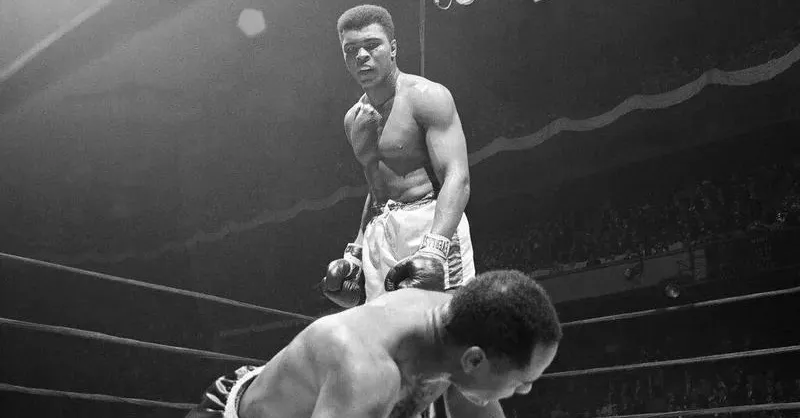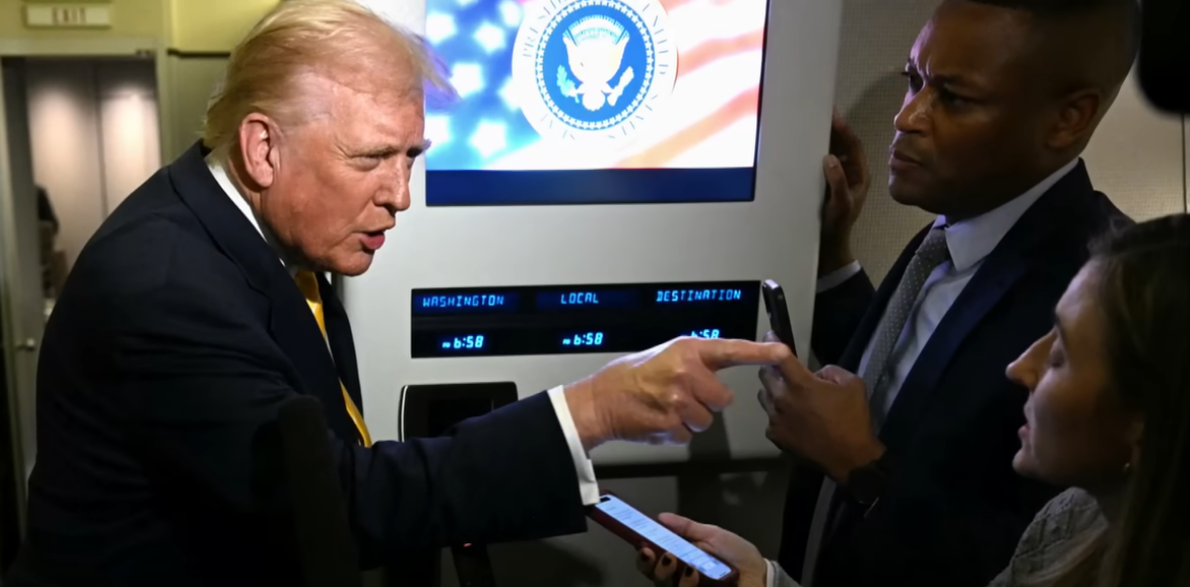Introduction
Sports have long been more than just a game for Black athletes; they have become a powerful stage for raising awareness, fighting for justice, and catalyzing social change. Through their positions in the spotlight, athletes have brought racial injustice and inequality to the forefront, making the sports world a pivotal space for activism. This article will delve into the major milestones, movements, and monumental moments where Black athletes have acted, focusing on their efforts to impact social justice. Their efforts echo globally, amplifying the conversation and driving meaningful change.
Jackie Robinson: Breaking Baseball’s Color Barrier
In 1947, Jackie Robinson joined the Brooklyn Dodgers, becoming the first Black player in Major League Baseball (MLB). Robinson’s courage and skill challenged long-standing racial barriers in sports and society. His entry marked a monumental step toward desegregation in professional sports, eventually helping to lead the MLB to greater diversity. This historic achievement, with Robinson’s .311 batting average and six All-Star appearances, remains a pivotal example of resilience and change.
Robinson’s influence extended far beyond baseball. With his signing of a $35,000 contract with the Dodgers—a significant amount for the time—Robinson also took on civil rights advocacy, promoting equality and opportunity in America. He frequently spoke out against racial injustice and advocated for the rights of Black athletes, setting a precedent for athlete activism.
Muhammad Ali: The Bold Voice of Civil Rights
Boxing legend Muhammad Ali became a face of protest when he refused to be drafted for the Vietnam War in 1967, stating his objection to the war and its injustices. This act led to a five-year prison sentence and a ban from boxing, costing him millions of dollars. His bold stance against the war symbolized courage and the willingness to sacrifice, inspiring others to take a stand for their beliefs.
Ali’s activism was rooted in Black pride and equality, supporting movements such as the Civil Rights Movement. He consistently challenged the status quo, inspiring younger athletes to speak out. Ali’s impact as a social justice advocate showed that sports stars could influence political and social discussions, far beyond the ring.
The 1968 Olympics Black Power Salute
During the 1968 Mexico City Olympics, U.S. sprinters Tommie Smith and John Carlos raised black-gloved fists during the medal ceremony to protest racial injustice. Their silent yet powerful gesture spotlighted the struggle for Black rights on an international stage, leading to their suspension from the Olympics but cementing their place in history.
The repercussions were severe, including death threats and career setbacks, but Smith and Carlos’s salute remains an iconic moment in sports activism. Their gesture continues to inspire athletes to stand for justice, showing the global reach and impact of sports-based protests.
Colin Kaepernick: Taking a Knee
In 2016, NFL quarterback Colin Kaepernick knelt during the national anthem to protest police brutality and systemic racism. His act of taking a knee sparked widespread debate and inspired a movement across multiple sports leagues. Kaepernick’s contract was terminated, leading to a lawsuit settlement with the NFL rumored to be around $10 million.
Kaepernick’s protest spread globally, with athletes in various sports adopting the gesture as a symbol of resistance. His impact shifted how leagues and franchises view activism, making athlete protests a common, albeit contentious, sight in sports.
The NBA Bubble: Amplifying Black Lives Matter
In 2020, during the NBA’s “bubble” season amidst the COVID-19 pandemic, players used their platform to support the Black Lives Matter (BLM) movement. Players wore jerseys with social justice messages like “Equality” and “Justice Now.” The NBA also displayed “Black Lives Matter” on the court, amplifying the message to millions of fans worldwide.
The NBA Players Association (NBPA) raised significant funds, with a reported $300 million over ten years committed to initiatives supporting Black communities. The NBA bubble highlighted the league’s commitment to social justice and racial equality, aligning itself as a force for change.
Naomi Osaka: Using the Tennis Court for Justice
Tennis star Naomi Osaka wore masks displaying the names of Black individuals who had been victims of police violence during the 2020 U.S. Open. Osaka’s quiet yet powerful statement brought attention to each case, resonating with fans, and sparking conversations worldwide.
Beyond her masks, Osaka has continued to speak on mental health and racial issues, using her sponsorships and partnerships to further awareness. Her courage in bringing social issues to a global stage has set a precedent for athletes in individual sports to advocate for justice.
LeBron James: More Than an Athlete
NBA superstar LeBron James opened the “I PROMISE” School in Akron, Ohio, for at-risk youth, investing $8 millions of his own funds to create educational opportunities for marginalized communities. His school’s mission goes beyond academics, aiming to uplift entire families and give back to his community.
LeBron has been vocal on issues like police brutality, famously tweeting, “I am more than an athlete.” He uses his media presence to champion racial equality and fight systemic oppression, setting a high standard for athletes’ roles in activism.
The WNBA: Collective Action for Social Justice
The WNBA dedicated its 2020 season to Breonna Taylor, a Black woman killed by police, with players wearing jerseys with her name and advocating for justice. Their actions aligned the league with social movements, making it a leader in sports-based activism.
The WNBA’s efforts have encouraged fans and sponsors to support social causes, influencing other sports leagues to take similar stands. The WNBA is now recognized as a model for collective activism within sports.
Promoting Social Responsibility in Sports
DraftKings Promo Code campaigns often emphasize responsible gambling and have recently expanded to support social justice initiatives. Their partnerships with organizations focused on racial equity underscore the broader role of corporations in supporting athletes and their causes, illustrating the intersection of sports, business, and social responsibility.
Through sponsorships and awareness campaigns, DraftKings encourages fans to engage in social justice discussions, using their platform to connect sports with larger societal issues. Their involvement shows the potential impact of corporate backing in advancing athlete-led activism.
The Legacy of Athlete Activism in Social Justice
Black athletes’ contributions to social justice have left an indelible mark on sports and society. Icons like Jackie Robinson, Muhammad Ali, and modern leaders like LeBron James and Naomi Osaka have bridged the gap between sports and activism, leaving a lasting influence.
The journey continues, with current and future athletes following in the footsteps of these pioneers. As the intersection between sports and social justice strengthens, Black athletes’ activism is likely to play an even more critical role in the pursuit of equality and justice.







